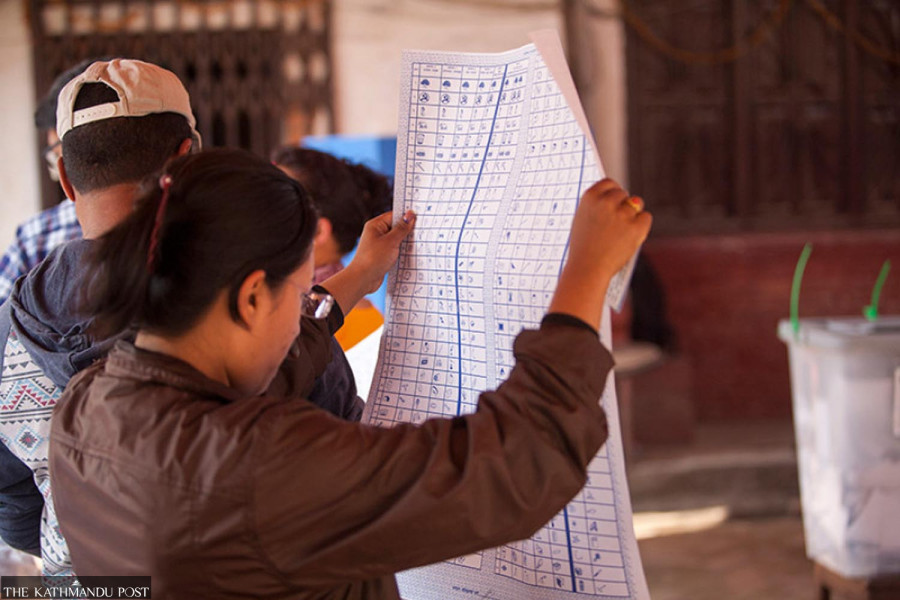Editorial
Educating voters
The Election Commission needs to ensure that voters understand the hows and whys of voting.
Most people are aware that in a democracy, voting constitutes one of the essential aspects of citizen participation. The ability to exercise one’s franchise is to elect the people and the party of one’s choice without coercion. But the issue at hand isn’t just about queuing up to vote. People need to be made aware about not just how to vote, but also why they should vote. It thus becomes the responsibility of the Election Commission to ensure that voters understand the hows and whys of the electoral process to ensure effectiveness and efficiency.
A rising number of invalid votes is among the most critical lapses that have come to the notice of the Election Commission following the recent local elections. The high voter turnout usually gauges electoral success. While the number of votes may, to some extent, reflect people’s desire to participate, the effectiveness of participation fails to be guaranteed due to the increasing number of spoilt votes that cannot be included in the count. There is a need to ensure that voters understand how to put their stamp on the ballot paper, which can be complex to navigate for people with little or no exposure to the voting process.
Despite all efforts, the percentage of invalid votes for the mayoral positions that turned up in the recently concluded elections was as high as 13 percent in Kathmandu, Chitwan and Biratnagar. Young adults eligible to vote for the first time and those with a poorer understanding of the electoral process should be provided with messages detailing how to register and cast their ballots. It should be made clear that suffrage is universal, and all sections of society, especially the marginalised, are encouraged to participate and are welcome in the electoral process.
Educating the voters is disseminating information, programmes and materials about the mechanics of the election and the voting process for a particular election. While much of the world is engaged in social media, the commission may be inclined to use the internet as a medium of its choice in disseminating information. But the commission’s efforts are often limited to the amount of funds at its disposal. Thus, spreading electoral awareness should also be the responsibility of not just the Election Commission but also the political parties.
Considering the reach of the political parties, the Election Commission should allow them to publish their agendas and policies freely through print, radio and television. After all, educating the voters on why they need to vote is equally important to understand the processes followed during the elections. The point is not just in seeking universal coverage of the election, but in providing as much information as possible to clarify where the political parties stand with their proposal, which should help the voters make an informed decision.




 18.12°C Kathmandu
18.12°C Kathmandu














